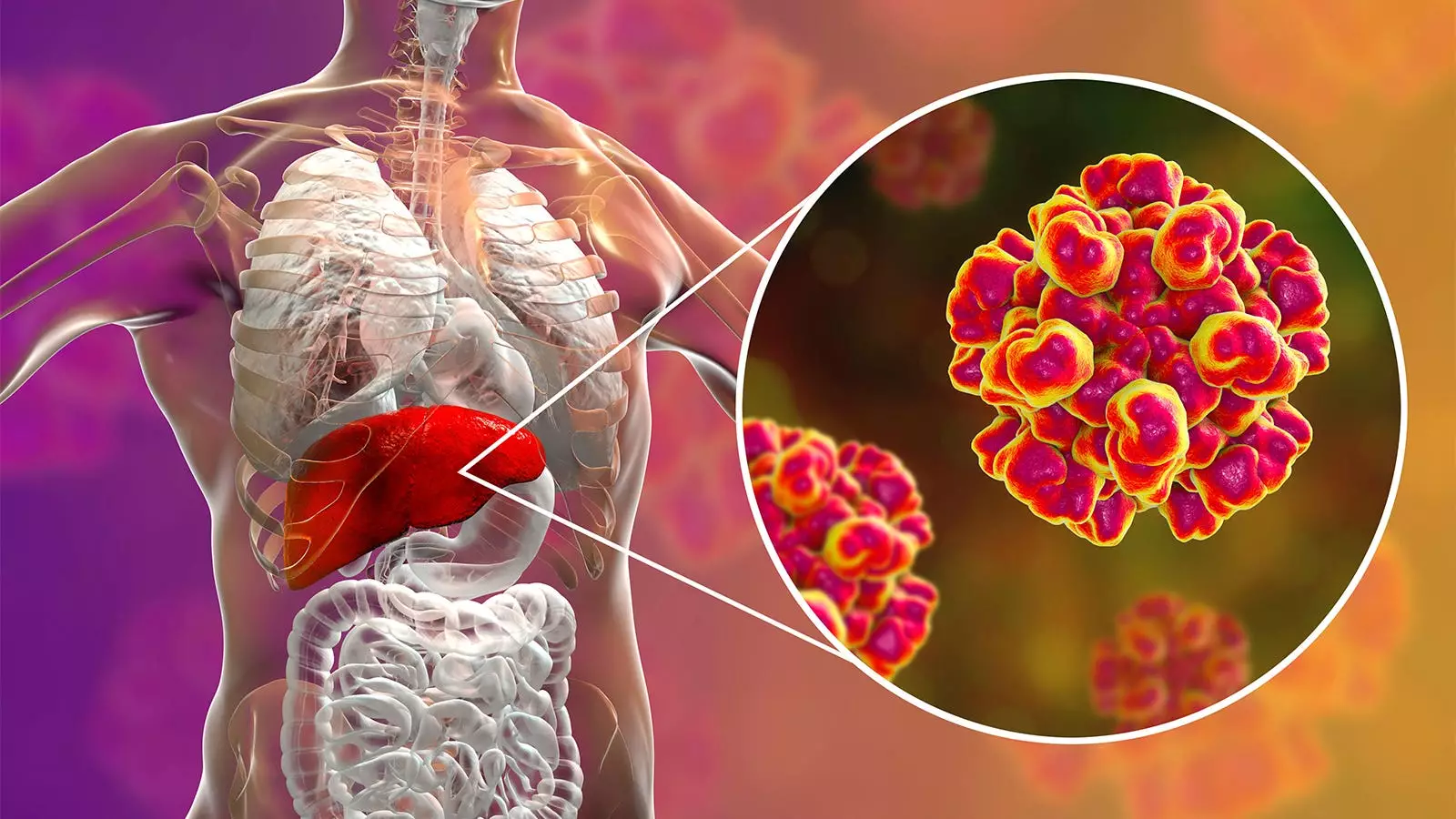A recent phase III trial from China revealed that a three-dose vaccine regimen, known as HEV239 or Hecolin, demonstrated high efficacy in preventing hepatitis E virus infections in adults over a decade. The study, led by Shoujie Huang, MSc, from the Jiangsu Provincial Centre for Disease Control and Prevention, reported an efficacy rate of 83.1% in the modified intention-to-treat analysis and 86.6% in the per protocol analysis. Among over 100,000 participants aged 16 to 65, those who received the vaccine had significantly fewer cases of HEV infection compared to the placebo group.
Hepatitis E virus is a leading cause of acute viral hepatitis worldwide, with millions of infections and tens of thousands of deaths annually. Primarily occurring in Africa, Central America, and Asia, HEV poses a significant public health threat. Transfusion-related HEV cases are on the rise in Europe, and refugee camps are prone to large outbreaks. The incidence of HEV infection in the U.S. remains largely unknown due to limited surveillance and testing capabilities.
HEV is transmitted via contaminated water and food sources, with specific genotypes (HEV-1 and HEV-2) affecting humans directly. However, zoonotic transmission of genotypes HEV-3 and HEV-4 occurs through the consumption of undercooked meat and offal from animals like boars, deer, and pigs. The study highlighted the prevalence of HEV-4 among the participants, suggesting a zoonotic origin for most cases.
Researchers also examined the persistence of HEV IgG and IgM antibodies in vaccine recipients, with a high percentage maintaining detectable antibody levels years after vaccination. While the long-term efficacy was deemed remarkable, the authors noted the limited number of symptomatic HEV cases over the study period, indicating low levels of exposure in the studied populations. Questions were raised about the vaccine’s efficacy during large outbreaks where HEV exposure might be more significant.
The World Health Organization has endorsed the HEV239 vaccine for outbreak response since 2015, with the first deployment in South Sudan in 2022. Despite the promising efficacy and safety profile of the vaccine, uncertainties remain about its protective level of antibodies and its effectiveness in vulnerable populations like pregnant women and immunocompromised individuals. Ongoing research is needed to address these gaps in knowledge and ensure the vaccine’s broad applicability.
The long-term efficacy of the hepatitis E vaccine demonstrated in the Chinese study offers valuable insights into the prevention of this infectious disease. With high efficacy rates and long-lasting antibody responses, the vaccine shows promise for widespread use in at-risk populations. Continued surveillance and research efforts will be crucial in further understanding the vaccine’s protective mechanisms and optimizing its use in global health initiatives.


Leave a Reply